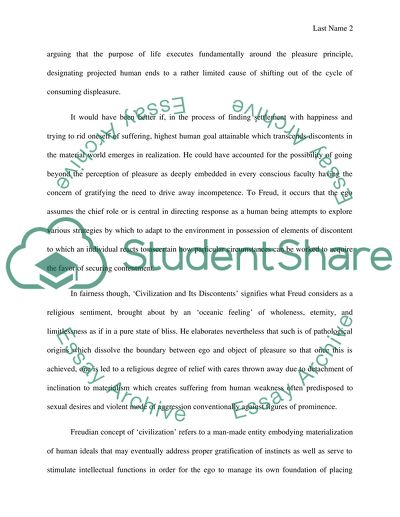Cite this document
(“Socrates View on Freud's Civilization and Its Discontents Term Paper”, n.d.)
Retrieved from https://studentshare.org/philosophy/1425221-socrates-view-on-freuds-civilization-and-its
Retrieved from https://studentshare.org/philosophy/1425221-socrates-view-on-freuds-civilization-and-its
(Socrates View on Freud'S Civilization and Its Discontents Term Paper)
https://studentshare.org/philosophy/1425221-socrates-view-on-freuds-civilization-and-its.
https://studentshare.org/philosophy/1425221-socrates-view-on-freuds-civilization-and-its.
“Socrates View on Freud'S Civilization and Its Discontents Term Paper”, n.d. https://studentshare.org/philosophy/1425221-socrates-view-on-freuds-civilization-and-its.


